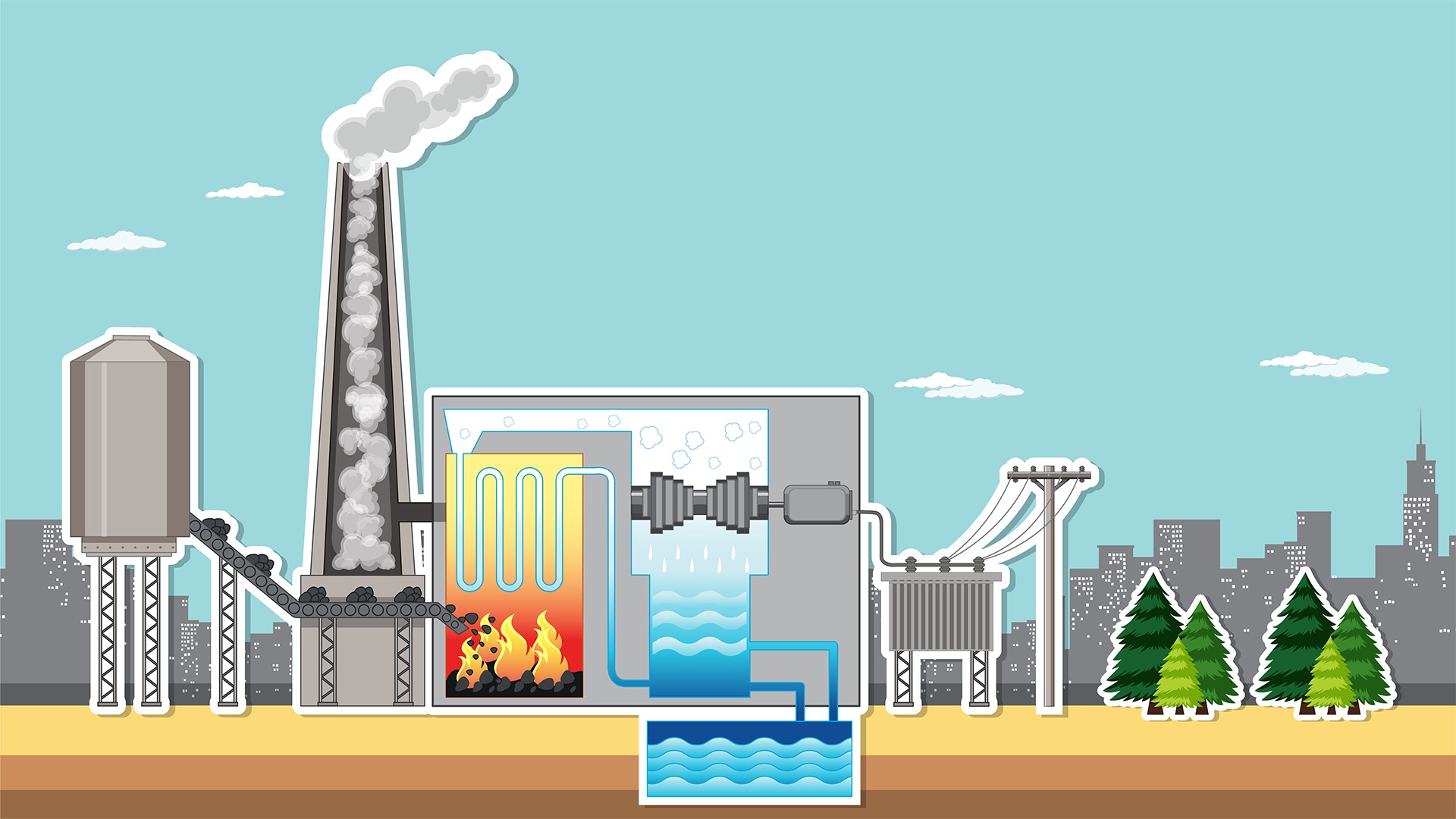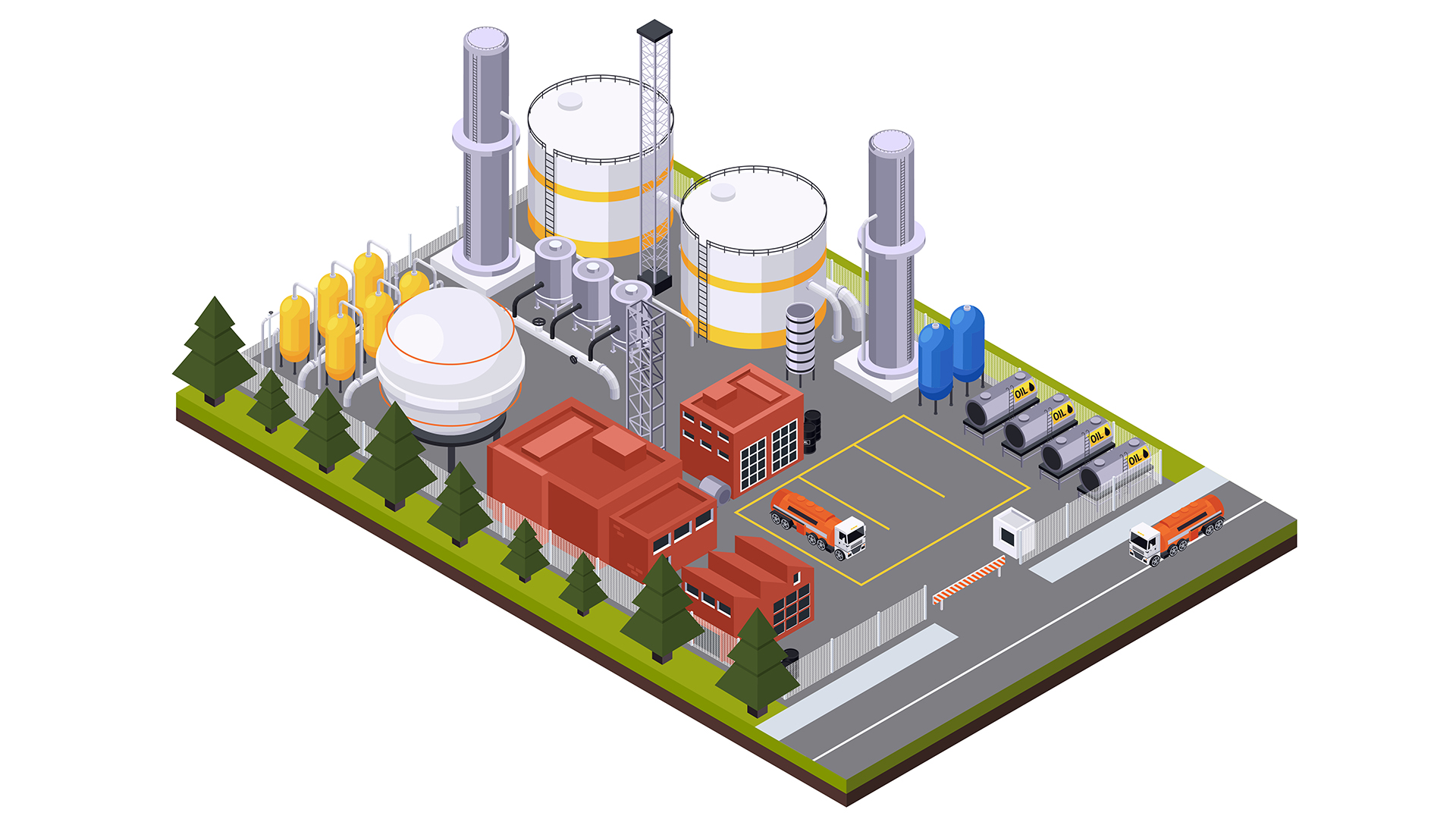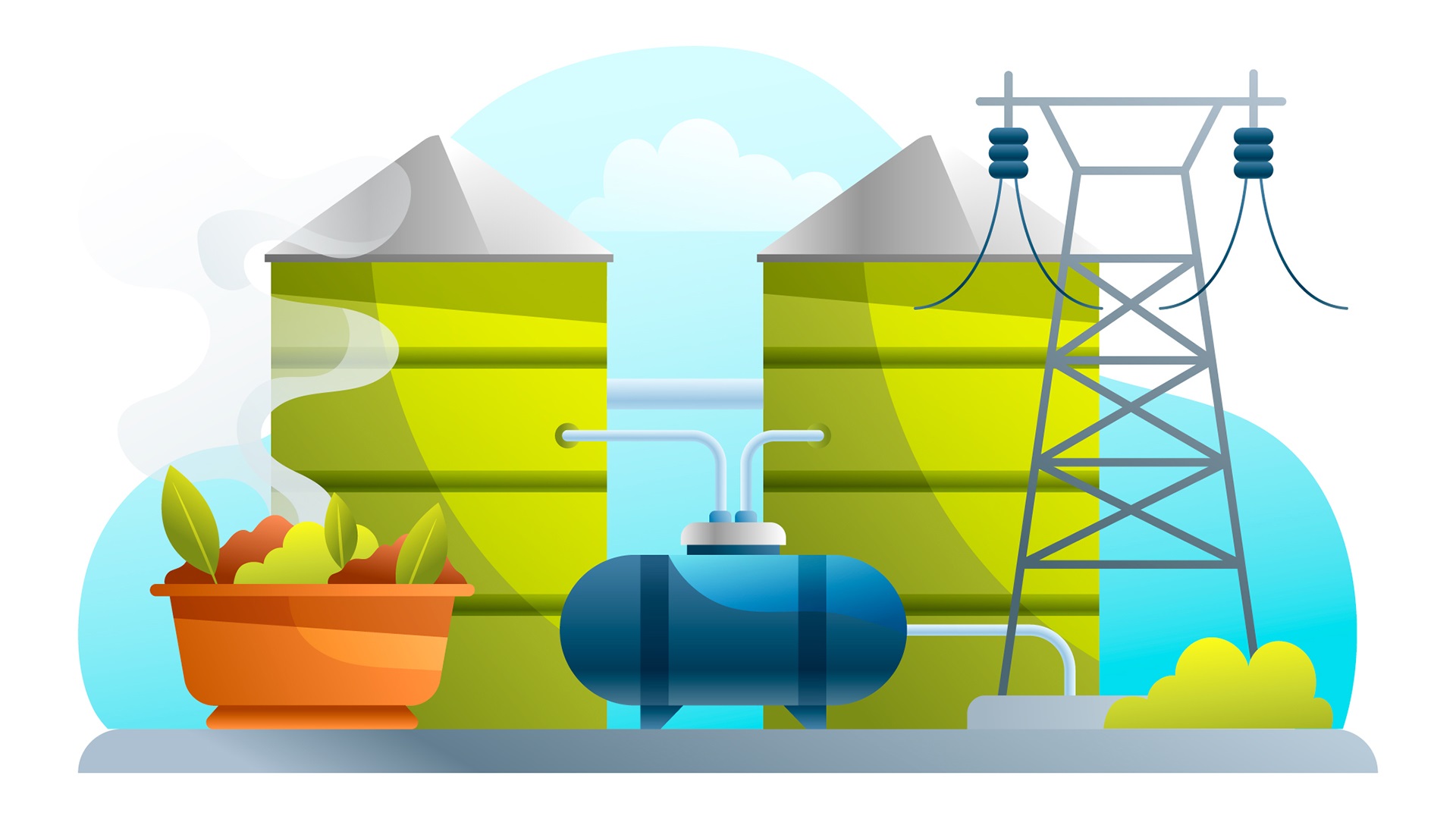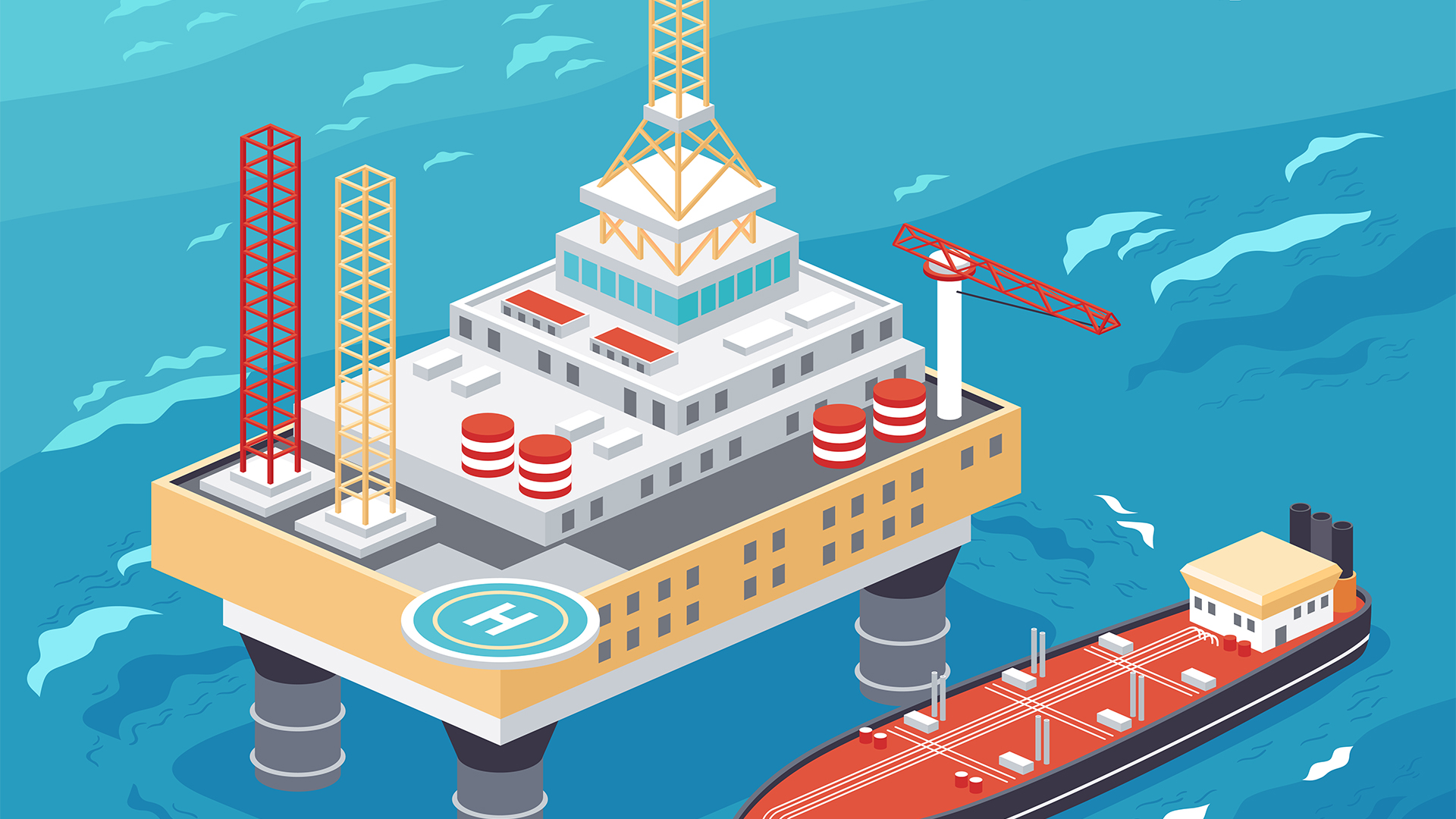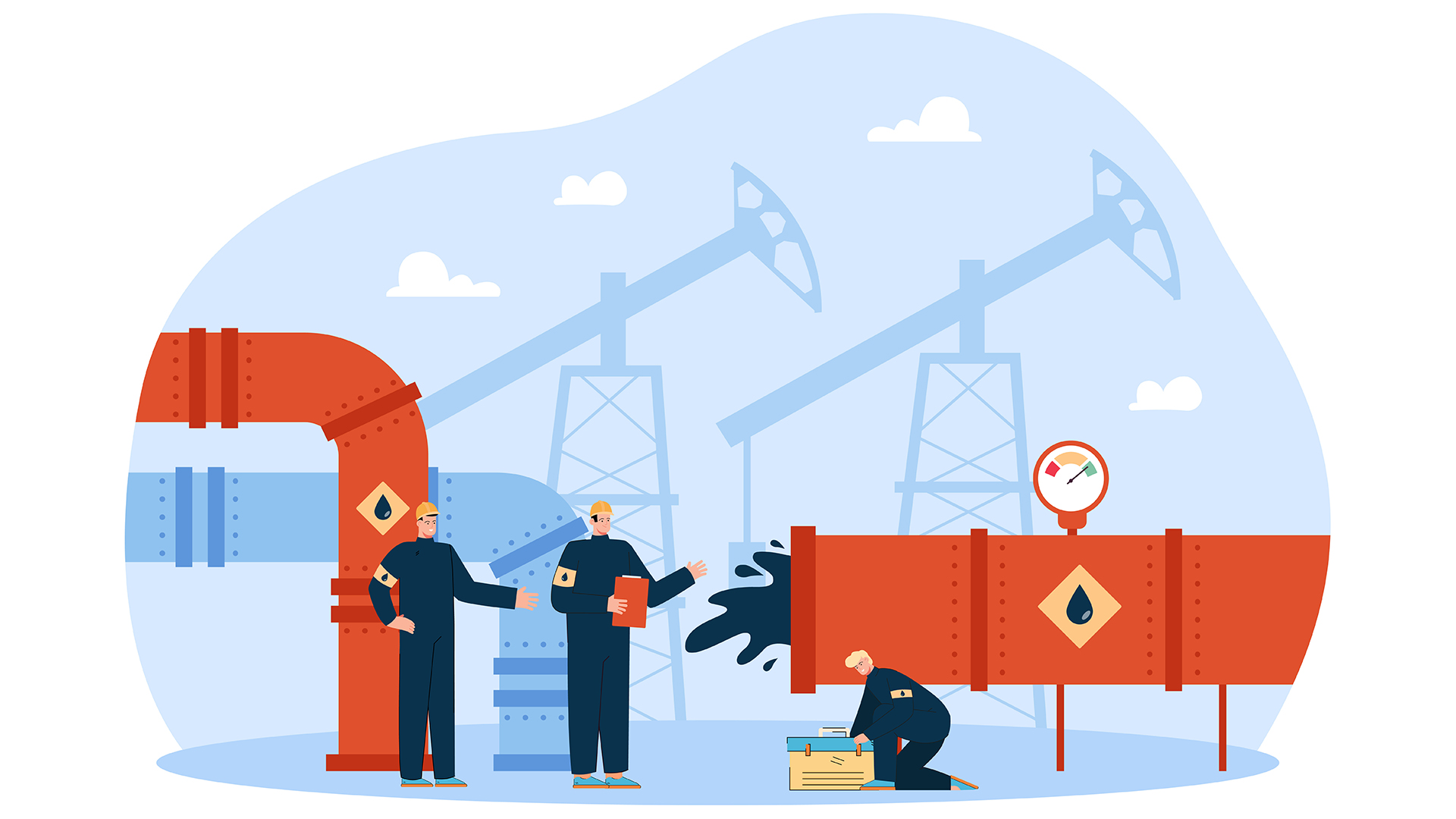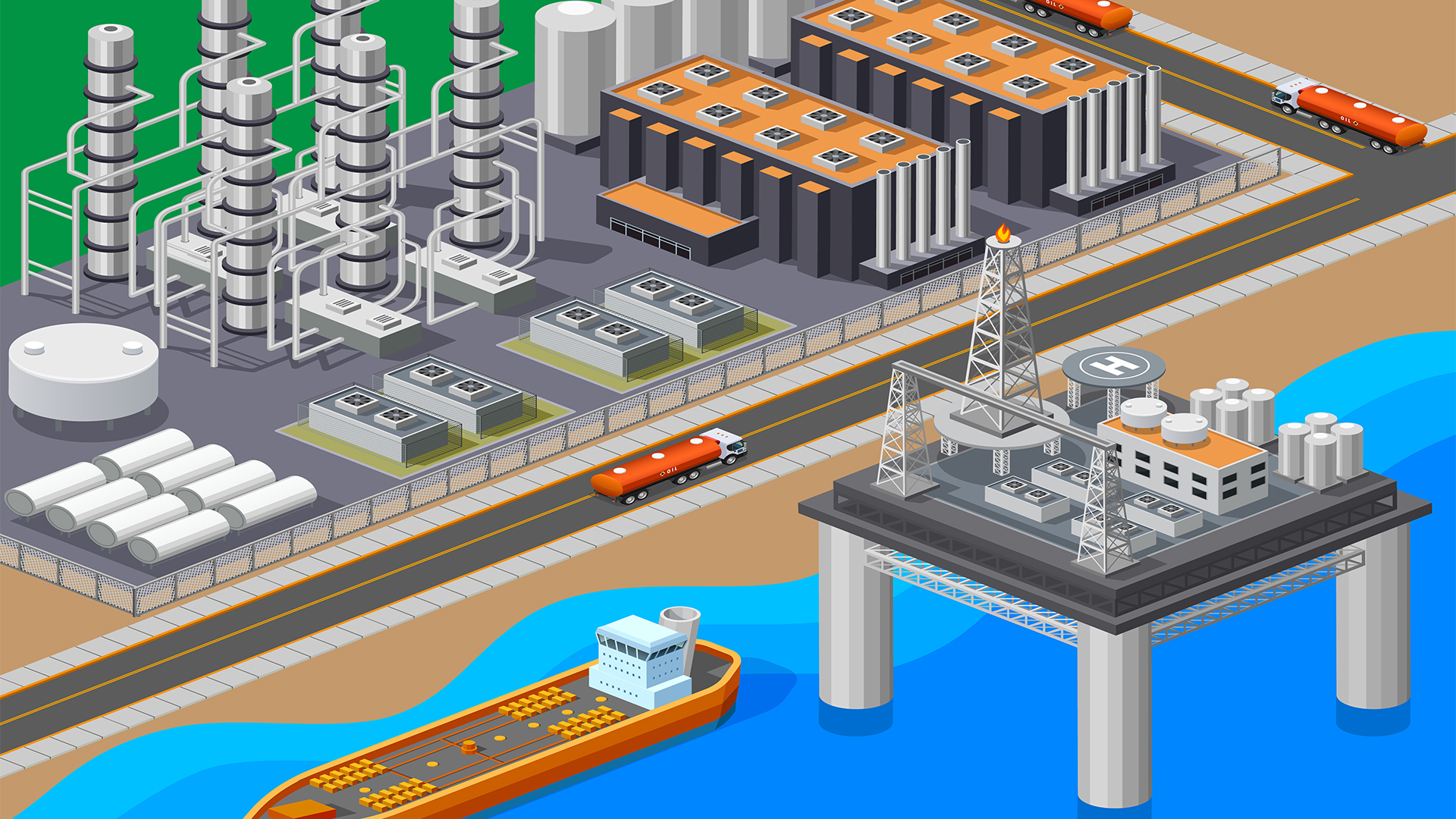
LNG Chain Mastery: Secrets Of The Elite
Course overview
Natural gas that has been cooled to a liquid state (LNG) can be stored and transported more easily in an unpressurized environment. This is being done because there are several risks involved with keeping things in a gaseous form under pressure. The complete conversion of gas to liquid and subsequent transfer to storage locations is a complicated operation that needs close control.
Such operations employ complicated equipment that runs well only with the assistance of a skilled operator. The entire process is known as the “liquefied natural gas value chain,” and it is made up of important elements like exploration, development, production, gas processing, liquefaction, transport, regasification.
Participants will have a thorough understanding of the whole LNG value chain after taking this liquefied natural gas (LNG) value chain course from Training Bee. You will learn everything you need to know in this course to carry out or supervise the performance of all steps involved in liquefying natural gas for storage and distribution to consumers.
This LNG training program will open up all of your potential for progress while assisting you in assuming greater roles and responsibilities in any area of specialization. You will receive all the knowledge and information needed to develop a rewarding career in this field from this training course.
Introduction
Understanding the intricate procedure and parts involved in utilizing natural gas as a flexible energy source requires an introduction to the Liquefied Natural Gas (LNG) Value Chain. The whole journey of natural gas from its source to consumption in a liquefied condition is included in the LNG value chain.
Natural gas sources are dispersed throughout the world, making the LNG value chain a global enterprise. It contributes significantly to addressing the energy needs of numerous nations and frequently acts as a greener option to coal and oil. Numerous technological, environmental, safety and economic factors must be taken into account during the procedure. As a result, as the globe strives to strike a balance between energy security, environmental concerns, and economic efficiency, the LNG value chain is a subject of ongoing innovation and improvement.
We are The Training Bee, a global training and education firm providing services in many countries. We are specialized in capacity building and talent development solutions for individuals and organizations, with our highly customized programs and training sessions.
Learning Objectives
Upon completing Liquefied Natural Gas (LNG) Value Chain, participants will be able to:
- Thorough knowledge of and knowledge of the LNG value chain
- The competence and assurance needed to carry out or manage any task within the LNG (Liquid Natural Gas) value chain.
- The expertise, assurance, and experience required to instruct other experts on different elements of the LNG value chain
- The necessary perspective and insight to evaluate the organizations’ current functions, identify, and close operational gaps
- The capacity to use cutting-edge ideas and methods to improve LNG operations
- The capacity to contribute to the expansion and development of an organization through cost savings, quicker and more efficient operations, longer machine life, etc.
Our Unique Training Methodology
This interactive course comprises the following training methods:
- Journaling – This consists of setting a timer and letting your thoughts flow, unedited and unscripted recording events, ideas, and thoughts over a while, related to the topic.
- Social learning – Information and expertise exchanged amongst peers via computer-based technologies and interactive conversations including Blogging, instant messaging, and forums for debate in groups.
- Project-based learning
- Mind mapping and brainstorming – A session will be carried out between participants to uncover unique ideas, thoughts, and opinions having a quality discussion.
- Interactive sessions – The course will use informative lectures to introduce key concepts and theories related to the topic.
- Presentations – Participants will be presented with multimedia tools such as videos and graphics to enhance learning. These will be delivered engagingly and interactively.
Training Medium
This Liquefied Natural Gas (LNG) Value Chain training is designed in a way that it can be delivered face-to-face and virtually.
Course Duration
This training is versatile in its delivery. The training can be delivered as a full-fledged 40-hour training program or a 15- hours crash course covering 5 hours of content each day over 3 days
Pre-course Assessment
Before you enroll in this course all we wanted to know is your exact mindset and your way of thinking.
For that, we have designed this questionnaire attached below.
- What is LNG, and what is its main function or application in the energy sector?
- Highlight the essential elements and stages involved in the liquefaction of natural gas in your explanation.
- Can you list a few of the world’s key natural gas production and reserves regions?
- List the main benefits and drawbacks of using LNG as a cleaner energy source.
- What is the foundation of the LNG value chain, starting with production and ending with distribution?
- Name a few of the leading individuals or businesses active in the worldwide LNG market.
- In the LNG value chain, what function do liquefaction and regasification stations play?
- What role does cryogenic technology play in the production and delivery of LNG?
- Describe the safety and environmental issues that LNG facilities and activities raise.
Course Modules
This Liquefied Natural Gas (LNG) Value Chain covers the following topics for understanding the essentials of the Agile Workplace:
Module 1 – Summary of LNG
- Historical Analysis
- Participation in the world economy
- Uses
Module 2 – The LNG Value Chain’s Sectors
- Development and exploration
- Production
- Processing of gas
- Liquefaction
- Transportation Reregulation
- Transportation and distribution
- Sales and marketing
Module 3 – Important Links in the LNG Value Chain
- Field of gas.
- Plant for liquefaction.
- LNG transporters.
- Terminal for receiving and re-gasifying.
Module 4 – Framework for Gas Policy and Regulation
- Governmental gas policy
- Using gas
- Master plan for gas
Module 5 – Characteristics of a Successful Regulatory and Policy Framework
- Efficient project creation and management
- Transparency
- Minimally complex
- Fiscal policy
- Facilitating the development of local infrastructure and gas exploitation initiatives
Module 6 – Success Elements in the Development of LNG
- Government assistance
- Geographic information
- Prioritize safety
- Competent contractors
- Precise agreements
Module 7 – The Effects of LNG Facilities on the Environment
- Threats to aquatic and coastal ecosystems
- Implications of marine environments
- Emission of hazardous or harmful materials
Module 8 – Key Concerns for Decision-Makers in the LNG Industry
- Safety and security
- Must simplify permits
- Environmental, zoning, and site-related issues
- Economic gains on a national, regional, and local level
- Gas quality and LNG compatibility
- Return on finance and investing
- Sustainable growth
Post-course Assessment
Participants need to complete an assessment post-course completion so our mentors will get to know their understanding of the course. A mentor will also have interrogative conversations with participants and provide valuable feedback.
- Explain LNG and its role in the global energy sector.
- In the LNG value chain, from production to distribution, list the important phases.
- The importance of the liquefaction process in the LNG sector should be explained.
- Describe how the regasification process transforms LNG into a useful form.
- What are some environmental and security issues with LNG operations and facilities?
- Compare the efficiency and environmental impact of LNG to other fossil fuels like coal and oil.
- Talk about the key players and firms in the worldwide LNG sector, as well as their functions.
- How is cryogenic technology essential to the creation and movement of LNG?
- Describe the idea of LNG pricing and how it relates to the world market for natural gas.
Lessons Learned
LNG’s Environmental Benefits: It is likely that participants now understand how LNG can be used as a greener substitute for coal and oil, lowering greenhouse gas emissions and air pollution. It is an important tool for shifting to more environmentally friendly energy sources.
Value chain complexity: The LNG value chain has several facets and includes a number of stages, including exploration, production, liquefaction, transportation, regasification, and distribution. The complexity and interdependencies of these processes are now more understood by the participants.
Importance of Cryogenic Technology: A crucial lesson is how crucial cryogenic technology is in liquefying and transporting natural gas at extremely low temperatures. Participants increasingly recognize its importance for LNG operations that are both safe and effective.
Global Market Dynamics: Participants have gained knowledge of the LNG market’s international scope. They are aware of the key players’ roles, the regional dynamics of supply and demand, and the pricing structures that influence this industry.
Safety and Regulatory Compliance: It is crucial to adhere to strict safety and regulatory requirements in LNG facilities in order to prevent accidents and guarantee efficient operations. Participants have probably realized how important it is to do this.
Takeaway: Recognizing the critical role LNG plays in boosting energy security and shaping geopolitical ties. Participants might have gained knowledge about the potential effects of LNG supply and demand on international relations.

